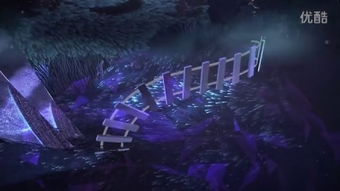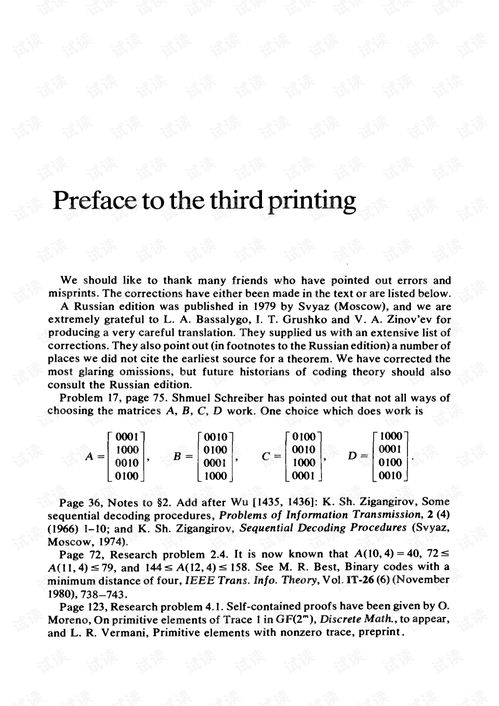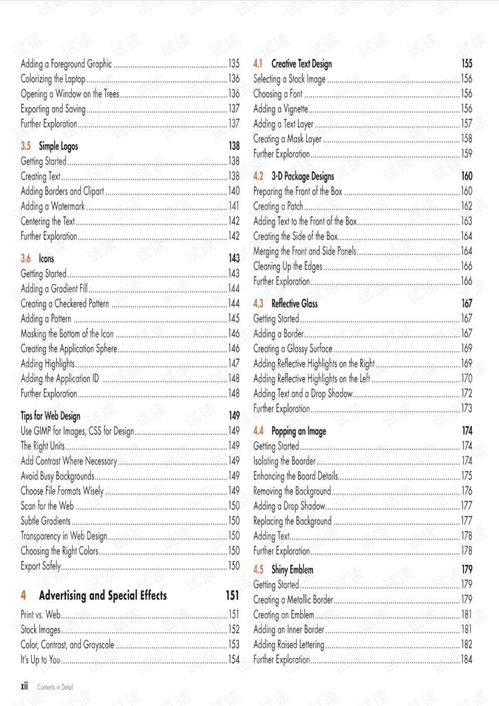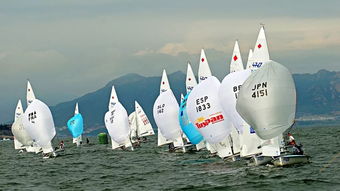Introduction:
For many, the thrill of fishing is unmatched, whether it's the serene experience of being out on the water or the anticipation of reeling in a trophy catch. However, fishing can be a complex sport, requiring a blend of patience, skill, and knowledge. One might wonder, "How can I fish effectively while enjoying a chicken meal?" This article delves into the art of fishing, offering tips and techniques to help you land that big one, even while indulging in a hearty chicken dish.
Choosing the Right Equipment:
The first step to successful fishing is to ensure you have the right equipment. Here's what you'll need:
- Rod and Reel: Select a rod and reel that match the type of fish you're targeting. For instance, a spinning rod is ideal for panfish, while a baitcasting rod is better for larger species.
- Line: The type of line you use depends on the fish and the environment. Monofilament is versatile and floats well, while fluorocarbon is nearly invisible underwater and great for clear water.
- Hooks: Choose hooks that are appropriate for the size and type of bait you plan to use.
- Bait or Lures: Live bait like worms, minnows, or leeches can be effective, but artificial lures can also work wonders, especially in areas where live bait is scarce.
Locating the Fish:
Understanding where the fish are is crucial for a successful fishing trip. Here are some tips to help you find them:
- Research the Area: Before you go, research the lake, river, or stream you plan to fish. Look for information on fish species, their habits, and the best spots to fish.
- Use a Fish Finder: A fish finder can help you locate schools of fish and understand their depth and movement patterns.
- Observe the Water: Look for signs of fish activity, such as surface disturbances, bubbles, or schools of baitfish.
Mastering the Art of Baiting:
Once you've found the fish, it's time to present your bait or lure effectively. Here are some techniques:
- Natural Bait: If you're using live bait, ensure it's fresh and lively. For artificial lures, experiment with different retrieves and presentations until you find what works best.
- Scented Baits: Many anglers use scented baits to attract fish. Choose a scent that matches the natural food sources in the area.
- Patience: Sometimes, the best technique is simply to wait. Fish can be unpredictable, and patience can pay off.
The Art of Casting:
Casting is a fundamental skill that requires practice. Here are some tips to improve your casting:
- Practice Your Casting: Cast in an open area away from other anglers to avoid tangles.
- Use the Right Amount of Line: Too much line can lead to snags, while too little can result in missed fish.
- Maintain a Steady Arm: A steady arm will help you cast with accuracy and control.
Setting the Hook and Reeling In:
Once you've hooked a fish, it's time to reel it in:
- Set the Hook Quickly: When you feel a tap, set the hook immediately. This ensures you get a good hold on the fish.
- Reel In Slowly: Reeling in too fast can lead to a broken line or a lost fish. Reel in at a steady pace, allowing the fish to tire itself out.
- Handle the Fish Gently: Once you've landed the fish, handle it gently to avoid injury and to release it safely back into the water.
Balancing the Chicken Meal:
While fishing, it's natural to want to enjoy a meal, especially if you're out for a long day. Here's how to balance your chicken meal with your fishing:

- Plan Your Meal: Bring a portable cooler with ice to keep your chicken cold. Plan to eat during a break in your fishing to avoid distractions.
- Choose the Right Chicken: Opt for a chicken dish that is easy to prepare and doesn't require a lot of utensils or cleanup.
- Stay Hydrated: Drinking water is essential, especially on a hot day. Keep a water bottle handy and take regular sips throughout the day.
Conclusion:
Fishing is a rewarding activity that can be enjoyed by people of all ages and skill levels. By mastering the right techniques and balancing your activities, you can enjoy a delicious chicken meal while reeling in that big one. Remember, the key to successful fishing is patience, practice, and a bit of luck. Happy fishing!












